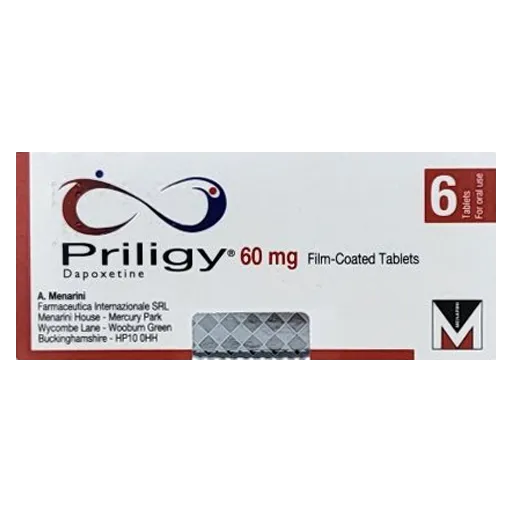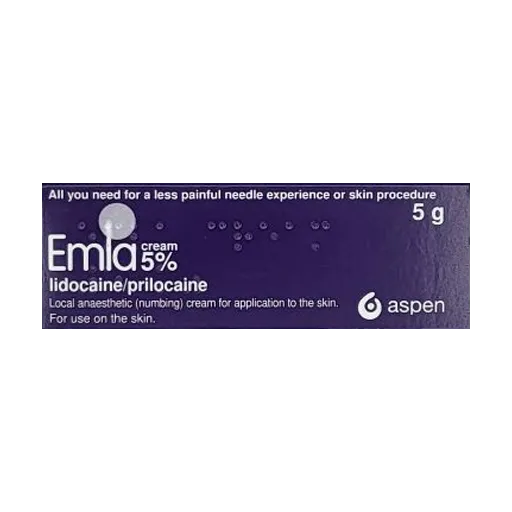premature ejaculation consultation
Please fill in the questionnaire below. Any information provided will be kept confidential and will only be seen by a prescriber. These questions are designed to give our prescriber enough information to make a decision on whether the treatment is suitable, please fill them in truthfully.
premature ejaculation
Premature ejaculation is when a man ejaculates too quickly during sexual intercourse than he or his partner would like. Premature ejaculation is a common sexual complaint, with estimates of 1 in 3 men experiencing this problem at some point. The guidelines that define premature ejaculation are regularly ejaculating within 1 minute of penetration. There can be many causes including medications, stress or psychological issues. It can be treated with counseling and sexual techniques, if these do not work there are medications available that can help treat improve sex for both you and your partner.
-
POM
-
POM
Premature Ejaculation
Premature ejaculation (PE) is when ejaculation happens sooner than a person or their partner would like during sexual activity. It's one of the most common male sexual concerns and can affect men at any age.
PE is typically defined as ejaculation that occurs within one minute of penetration, but it can also refer to a lack of control over when ejaculation happens — leading to distress or relationship issues.
While it can be frustrating or embarrassing, PE is treatable in most cases with behavioural techniques, psychological support, or medication.
What causes premature ejaculation?
PE can be caused by a mix of physical, psychological, and emotional factors. In many cases, there's no single cause.
Possible causes include:
- Psychological factors: Anxiety, stress, depression, low self-esteem, or relationship issues
- Performance anxiety: Worrying about sexual performance can create a cycle of tension and quick ejaculation
- Over-sensitivity: Some men may be more physically sensitive, especially in younger years
- Hormonal imbalances: Low levels of serotonin may contribute to quicker ejaculation
- Inflammation or infection: Prostatitis or urethritis may play a role in some cases
- Medical conditions: Erectile dysfunction or thyroid issues can sometimes be linked
How do I know if I have PE?
You may have premature ejaculation if:
- You regularly ejaculate within one minute of penetration
- You feel unable to delay ejaculation
- It causes distress or frustration
- Your partner feels dissatisfied due to how quickly sex ends
It's important to remember that occasional quick ejaculation is common — it only becomes a concern if it's persistent and causing problems.
A GP or pharmacist can help rule out underlying causes and suggest treatment options.
Premature ejaculation treatments
Treatment depends on the underlying cause and how much it's affecting your wellbeing or relationship. It often involves a combination of strategies:
Behavioural techniques
- ‘Start-stop' method: Pause stimulation before ejaculation to delay orgasm
- ‘Squeeze' technique: Applying pressure to the penis tip to reduce arousal
- Regular masturbation: May help reduce sensitivity before sex
- Pelvic floor exercises (Kegels): Can improve control over ejaculation
Medications
- Dapoxetine (Priligy): A prescription-only tablet taken 1-3 hours before sex to delay ejaculation — works within a few hours and lasts for 4-6 hours
- Antidepressants (off-label use): Such as sertraline or paroxetine — help increase serotonin levels and delay ejaculation when used daily
- Topical anaesthetic sprays or creams: Reduce sensitivity — applied to the penis before sex (e.g. lidocaine-prilocaine cream)
- PDE-5 inhibitors (like sildenafil): Sometimes prescribed if ED and PE are present together
Psychological support
- Talking therapy, CBT, or sex therapy can help reduce anxiety and improve confidence
- May be especially helpful when PE is linked to psychological or relationship factors
Will treatment work?
Most men with PE respond well to treatment — especially when combining behavioural methods with medication or therapy.
Dapoxetine works quickly and can be used on demand, while antidepressants may offer a longer-term option.
Working on communication with your partner and reducing pressure around performance can also help.
PE treatment side effects
Most PE treatments are safe when used correctly, but some may cause side effects:
- Dapoxetine: Nausea, dizziness, headache, sweating — always take with a full glass of water and avoid alcohol
- Antidepressants: Dry mouth, fatigue, or reduced libido — often mild and temporary
- Topical creams: Temporary numbness — use as directed to avoid affecting your partner
- Therapy: No medical side effects, but may require time and commitment
If PE treatments don't work after a few tries or cause unpleasant side effects, speak to your doctor or pharmacist about alternatives.

